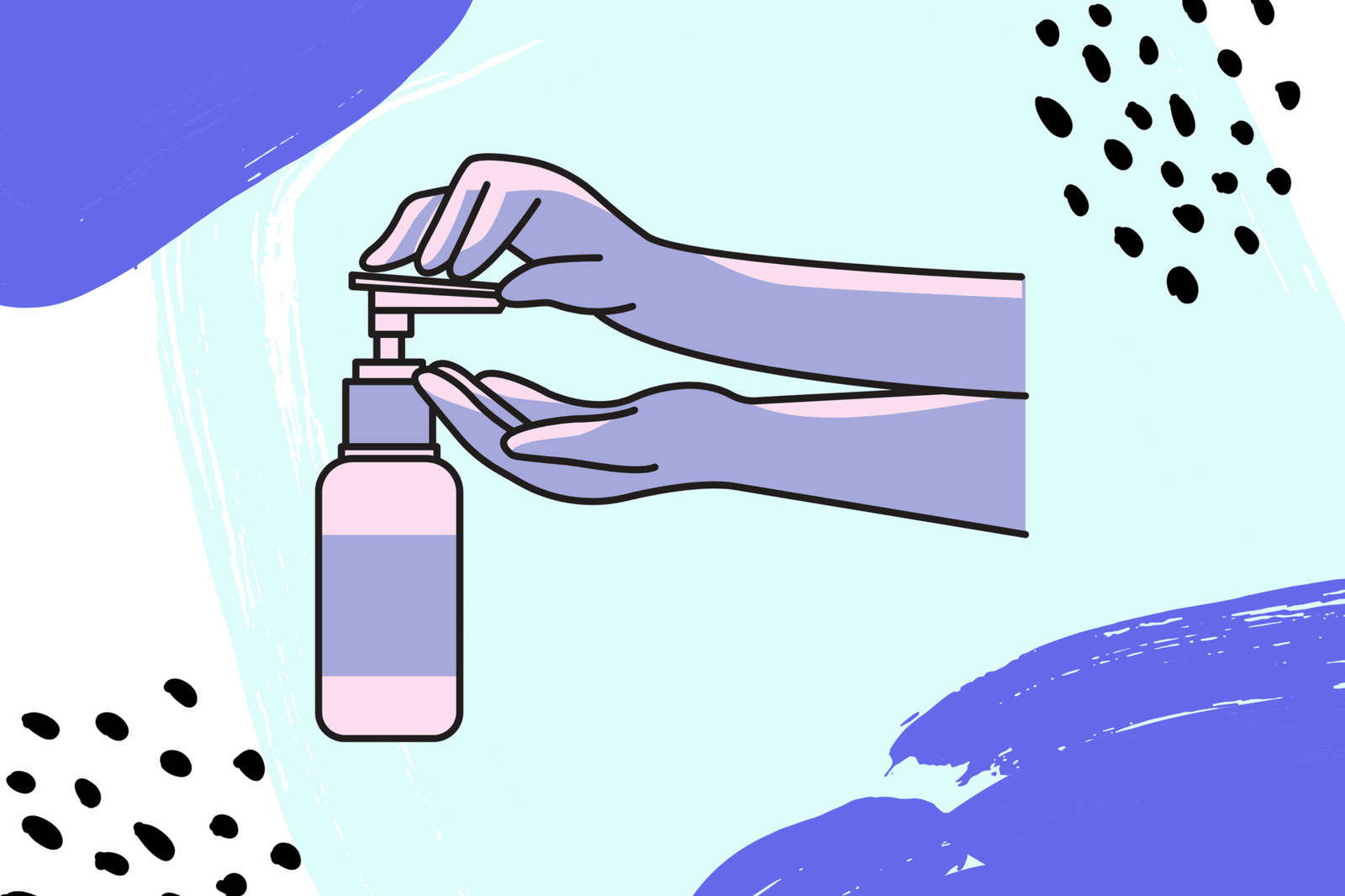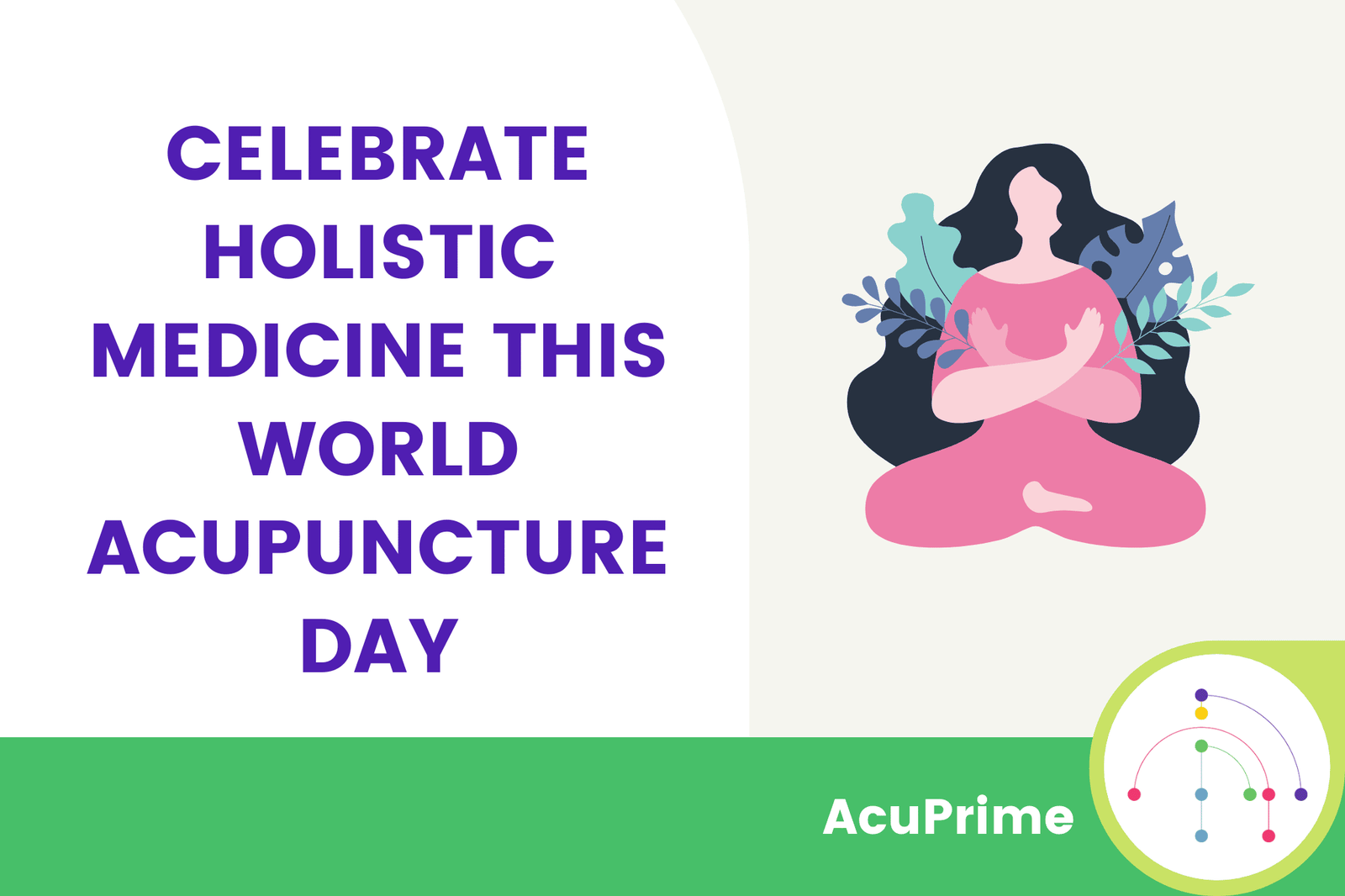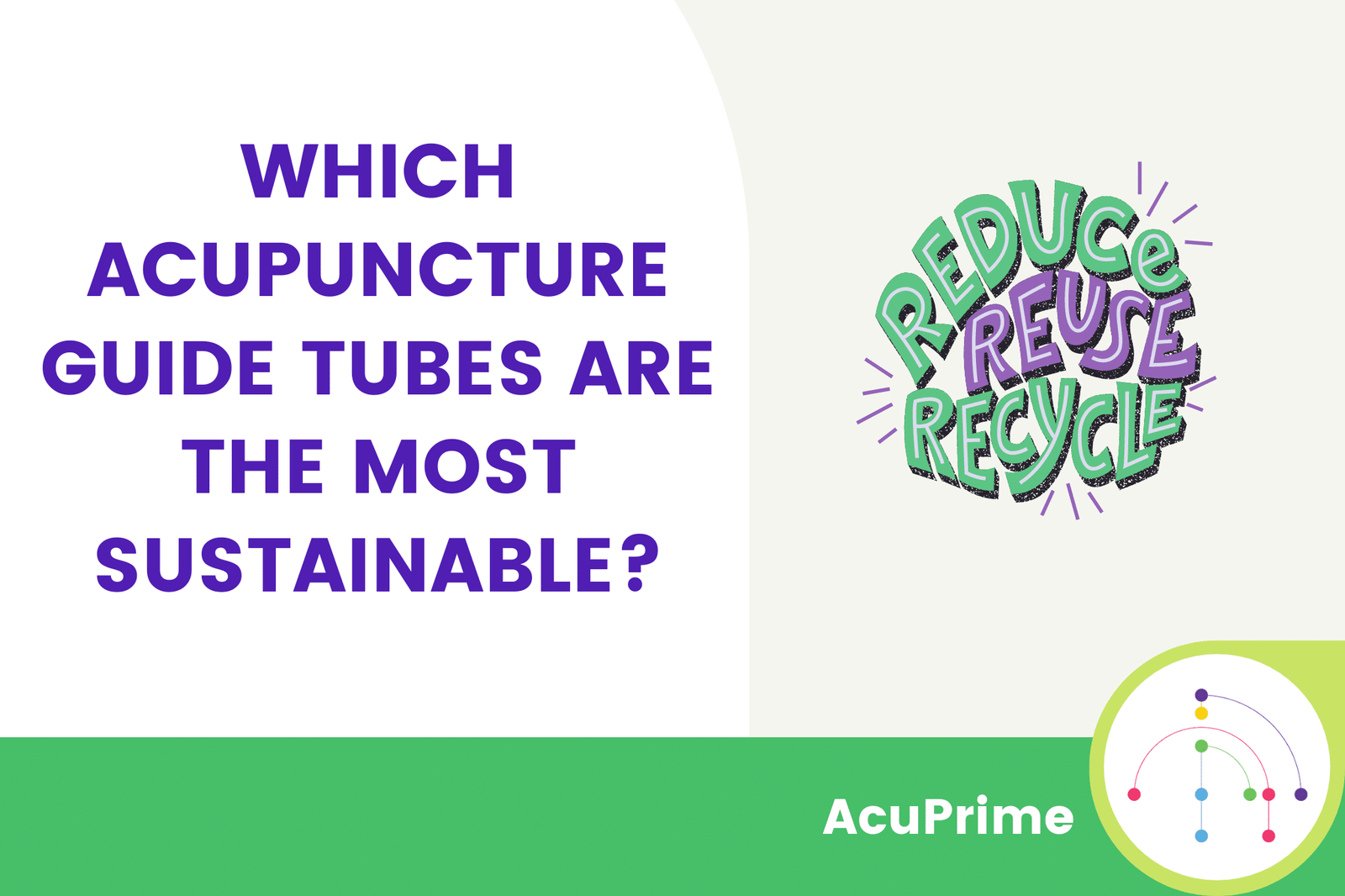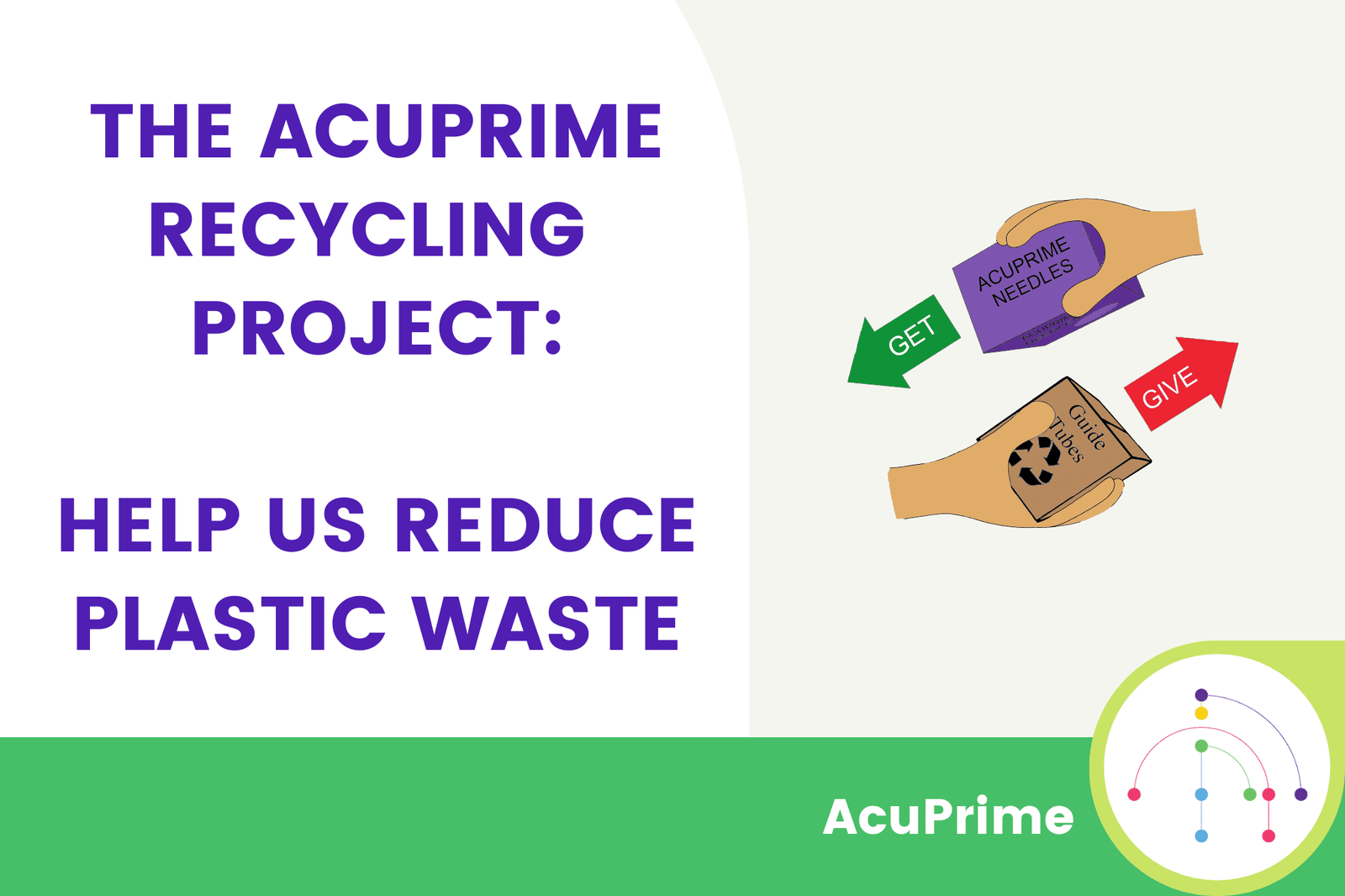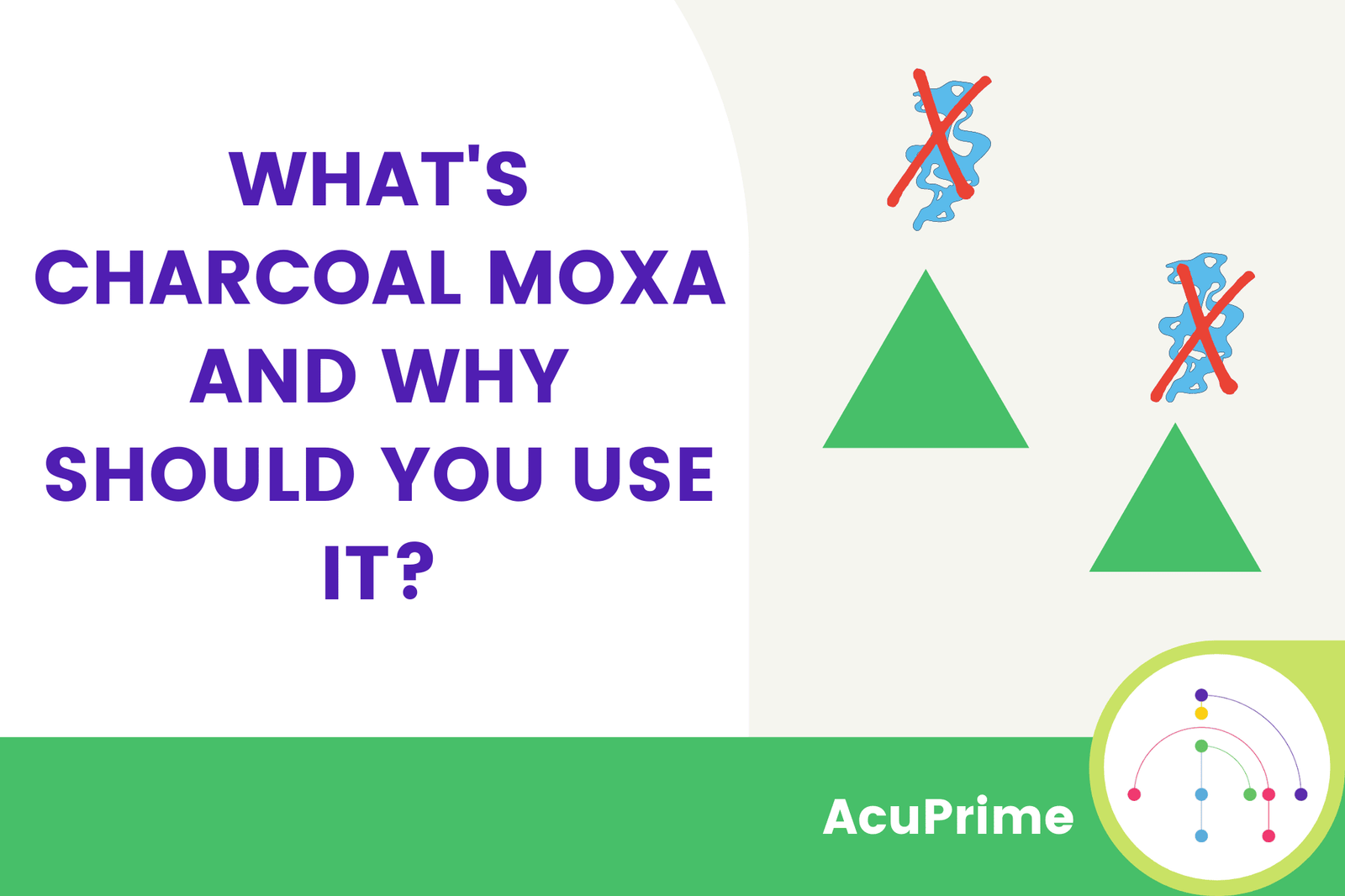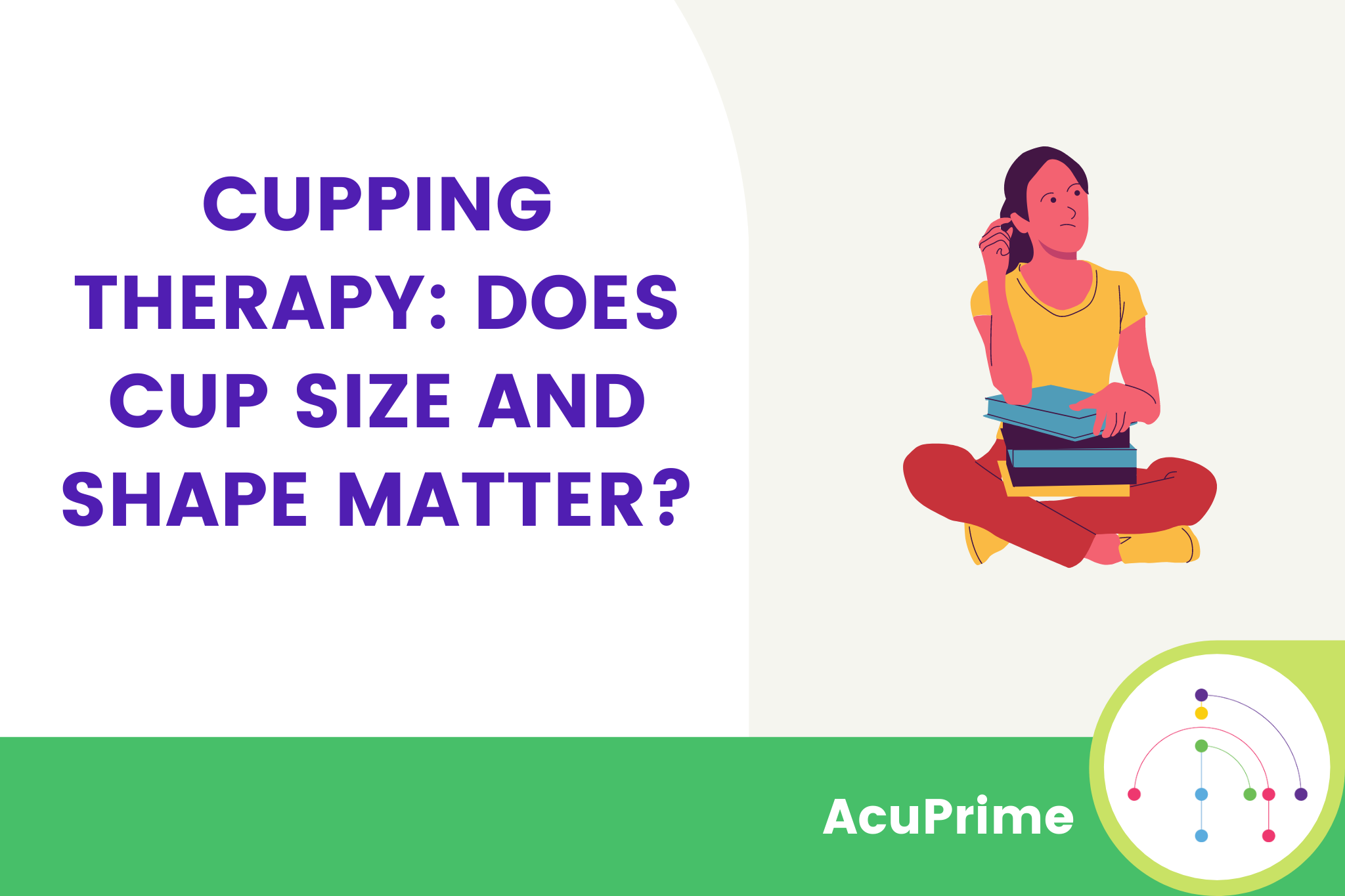Ah, the beloved anti-bac, tiny bottles of magic that linger in the bottom of our bags whenever we go on holiday, out for a picnic or, let’s face it, to the bowling alley. Since early 2020 though, hand sanitiser and anti-bacterial gel have been big business as everyone tries to find a way to keep their coronavirus exposure to a minimum.
And yet, the advice from health departments world over is that ordinary people should be using soap and water as the first line of defence and hand sanitiser when handwashing isn’t available. Can soap and water really be better than formulated sanitiser?
What’s the Deal with Soap and Water?
The reason why good old soap and water is highly recommended for keeping your hands free from unwanted bacteria and other dubious things is simple: it washes them away. Soap breaks down the outer layer of many types of bacteria and water washes it, and any other dirt, down the drain leaving your hands clean.
For soap and water handwashing to be most effective, it needs to be conducted thoroughly and for an appropriate amount of time, with the current recommendation being 20 seconds.
Is Anti-Bacterial Soap Better?
If soap and water handwashing is so effective, doesn’t that mean that anti-bacterial soap is even more effective? Nope.
As it transpires, regular soap already does a fantastic job at killing and washing away unfriendly bacteria. ‘Anti-bacterial’ soap doesn’t do a better job and instead may contain chemicals that are not only unnecessary, but harmful.
What’s the Deal with Hand Sanitiser?
Of course, having access to soap and water isn’t always going to be the case. In this case, it’s essential to use a hand sanitiser that’s up to the job.
Hand sanitiser is a formulation that’s designed to be used without water, instead evaporating to dry your hands. It’s designed to kill bacteria and deactivate some types of virus rather than wash them off your skin as soap and water handwashing does.
There are generally two types of hand sanitiser: Alcohol and alcohol-free.
There is little evidence that alcohol-free hand sanitiser is particularly effective and no evidence that it can be used against COVID-19. As a result, it’s not recommended. Instead, alcohol is the go-to ingredient as it’s safe to use on skin and, in the right dilutions, breaks down the outer lipid layer of certain pathogens.
In order to do this effectively, the alcohol percentage in the sanitiser should be 60% or above. Medical-grade hand sanitisers are more likely to be 70% or above. Most bottles advertise their alcohol percentage clearly, but you should be able to find it on the back regardless. Ethanol and isopropyl alcohol are the most commonly used.
Can You Use Hand Sanitiser All the Time?
Of course, coronavirus isn’t the only thing we need to protect ourselves against. In order to reduce our exposure and the spread of other pathogens from norovirus to the common cold, it’s important to wash our hands whenever we come into contact with contaminated surfaces such as in bathrooms, public spaces and kitchens.
Hand sanitiser can do a good job of killing and deactivating pathogens but it’s not effective against all. In fact, the highly contagious and unpleasant norovirus doesn’t have an outer lipid layer for alcohol to break down, meaning it can survive even the most thorough of hand sanitising sessions. Clostridium difficile, a bacterium commonly responsible for diarrhoea, is also not going to be dissuaded by alcohol hand sanitiser. As sanitiser can’t kill these pathogens and the lack of water means they’re not being washed away, you can feel as though you have clean hands but continue spreading them around.
In contrast, hand washing with soap and water works well to remove these pathogens from your skin.
A Two-Level System
In order to keep your hands clean and free from pathogens, using soap and water handwashing is the first line of defence. However, hand sanitiser containing at least 60% alcohol is the next best defence and is always useful to have around, in both clinic settings and while out and about.
Using an alcohol-based hand sanitiser allows you to sanitise your hands sufficiently until you can access soap and water.
If you’re looking for effective, high-quality hand sanitiser, our 70% alcohol sanitiser is ideal for home and clinic settings.

